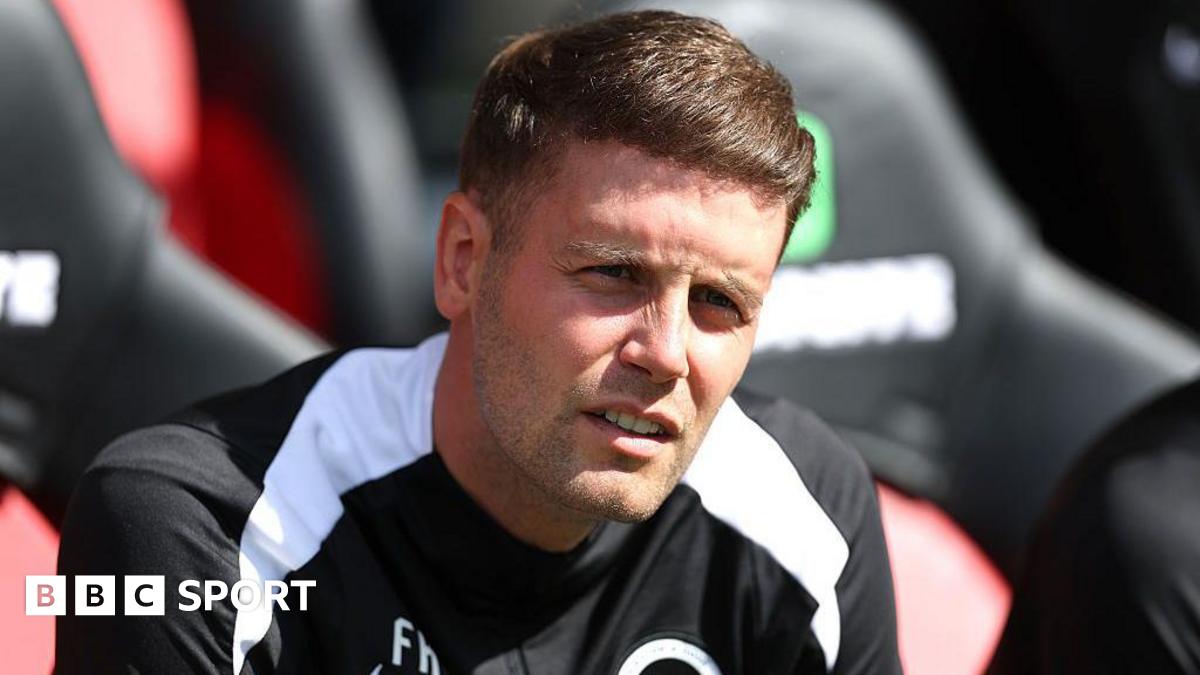
Fabian Hurzeler's confidence in Brighton's ability to withstand the constant poaching of their talent is either admirable bravado or a masterclass in expectation management. The reality, as with most things in football finance, likely lies somewhere in between. Brighton's model, honed over years, hinges on identifying undervalued assets, developing them, and then cashing in when their market value peaks. The sales of Mac Allister and Caicedo are prime examples. Caicedo’s £115m move to Chelsea wasn't just a transfer; it was a validation of the entire Brighton project. It funded future acquisitions and operational costs, essentially turning on-field success into financial sustainability.
However, this creates a perpetual cycle of rebuilding. Hurzeler’s comments about replacing Joao Pedro with a collective effort, rather than a direct replacement, highlights the limitations. While 'togetherness' and team chemistry are valuable, they don't always translate into goals and points, especially when facing financially superior opponents. Brighton's ability to consistently identify and integrate talent is crucial, but the market isn't static. Other clubs are catching on, investing in data analytics and scouting networks, increasing competition for those hidden gems. The reported £17.5m fee for Maxim de Cuyper suggests Brighton are willing to spend more, but this also increases the pressure to get their recruitment right.
The situation with Carlos Baleba is interesting. Chairman Paul Barber's cautious optimism, stating he hopes Baleba stays “for years to come” but offering no guarantees, is telling. It acknowledges the club’s position: they are, ultimately, a selling club. The fact that Hurzeler avoided the topic altogether speaks volumes. Manchester United’s reported interest will inevitably drive up Baleba's market value. Does Brighton cash in now, reinvesting the profit, or risk holding onto him, potentially seeing his value diminish if form dips or injuries persist? What is the threshold where Brighton considers an offer 'too good to refuse'?